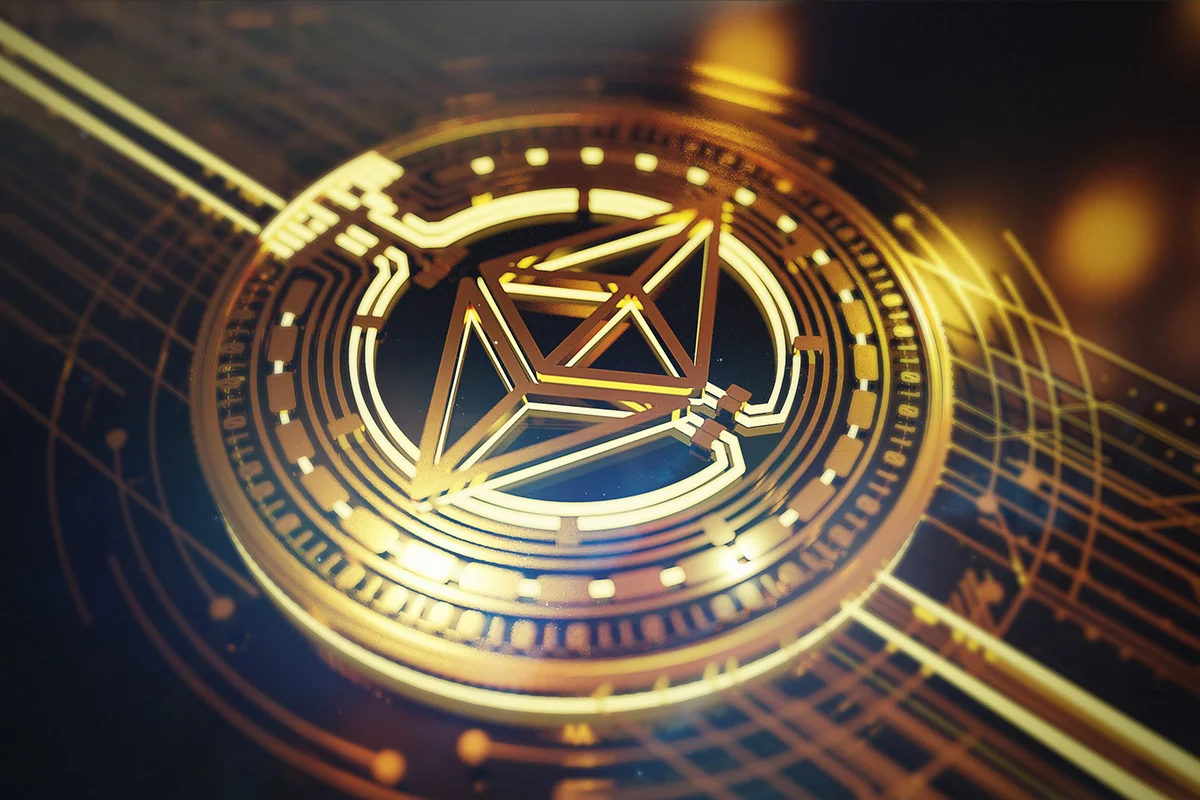TLDR
- Ethereum Foundation launches new dAI Team led by research scientist Davide Crapis to connect blockchain and AI economies
- Team focuses on enabling AI agents to make payments and coordinate without intermediaries on Ethereum
- Group continues work on ERC-8004 standard for proving AI agent identity and trust
- Initiative aims to make Ethereum the settlement layer for autonomous machine transactions
- Foundation hiring AI researcher and project manager to staff the new specialized unit
The Ethereum Foundation has formed a specialized artificial intelligence research team to position Ethereum as the foundation for autonomous machine transactions. Research scientist Davide Crapis announced the new dAI Team on Monday, outlining plans to merge blockchain technology with AI systems.
The team will pursue two main goals according to Crapis. First, enabling AI agents to conduct payments and coordinate activities without human intermediaries. Second, building a decentralized AI infrastructure that reduces dependence on major technology companies.
We’re starting a new AI Team at the Ethereum Foundation (the dAI Team).
Our mission: make Ethereum the preferred settlement and coordination layer for AIs and the machine economy.The team will focus on two main areas:
– AI Economy on Ethereum = giving AI agents and robots ways… pic.twitter.com/9sWVS4dp0K— Davide Crapis (@DavideCrapis) September 15, 2025
Crapis leads the new unit and will connect its work with the Foundation’s protocol development group and ecosystem support division. The team has begun hiring for an AI researcher position and a project manager role to drive coordination efforts.
The dAI Team builds on existing work around ERC-8004, a proposed Ethereum standard co-authored by Crapis. This standard aims to establish identity and reputation systems for autonomous AI agents. The protocol would allow these agents to prove their trustworthiness and coordinate activities without centralized oversight.
AI Agent Infrastructure Development
The Ethereum Foundation sees growing demand for settlement systems as AI agents begin conducting more transactions. Crapis stated that intelligent agents need neutral infrastructure for handling value transfers and reputation management. Ethereum’s censorship resistance and verifiability make it suitable for these functions.
Current blockchain activity supports this vision of expanded use cases. CryptoQuant data shows Ethereum processed 12 million daily smart contract calls on Thursday. The analytics firm noted that network activity remains in expansion mode with record transaction volumes and active addresses.
AI agents operate as programs that make decisions with minimal human supervision. They can execute transactions and perform tasks on behalf of their programmers. Blockchains with programmable features like smart contracts provide suitable environments for these autonomous systems.
The Foundation restructured in 2025 to handle Ethereum’s growth through specialized units. The dAI Team represents part of this shift toward addressing emerging technologies. Previous focus areas included layer-2 scaling solutions and zero-knowledge proof development.
Decentralized AI Stack Goals
Multiple blockchain projects are working to integrate AI and distributed ledger technology. Matchain launched a decentralized AI blockchain in 2024. KiteAI announced an AI-driven blockchain in the Avalanche ecosystem in February 2025.
The Ethereum Foundation’s approach differs by focusing on standards and infrastructure rather than creating new blockchains. The dAI Team will support public goods and projects that combine AI with existing Ethereum capabilities.
Crapis emphasized the mutual benefits of linking AI and Ethereum. He stated that Ethereum makes AI more trustworthy while AI makes Ethereum more useful. This relationship could expand as more autonomous agents require blockchain services.
The team operates under Ethereum’s decentralized acceleration philosophy. This approach prioritizes open and verifiable AI development while maintaining human oversight of intelligent systems. The Foundation aims to prevent AI infrastructure lock-in by major technology companies.
Industry experts see potential for AI agents and blockchain technology to reshape digital commerce. The combination could enable new forms of autonomous economic activity without traditional intermediaries.
The Ethereum Foundation has begun publishing resources for the new team according to Crapis. He stated the Foundation will work with urgency to connect AI developers with the Ethereum ecosystem and accelerate research between the two fields.







